15 Rescue Dog Misconceptions You Should Stop Believing

Many myths prevent people from adopting sheltered animals and giving them a chance to have a forever family. In reality, these pets are well-adjusted and just looking for love. Let’s debunk some rumors so you can see the true potential of adopting a rescue.
You Can’t Find Purebreds In Shelters

Pet adoption centers aren’t just for mixed breeds. Purebreds also end up there. Breeders might surrender unsold puppies, or owners may give up purebreds for various reasons. If you’re looking for a dog with some pedigree, checking a local shelter is a great place to start.
Shelter Dogs Are Damaged

Many pets end up at shelters because of their owners’ circumstances, not because they’re “damaged.” People face financial hardships or sudden life changes that force surrender. These dogs often arrive fully socialized and ready to resume normal routines in a new home.
Older Dogs Can’t Learn New Things

Age doesn’t hinder rescue animals from learning. Older ones are often easier to train because they’re calmer and more focused than puppies. Plenty of them have already learned basic commands and just need a little time to adjust to their new environment.
They Aren’t Good For Families
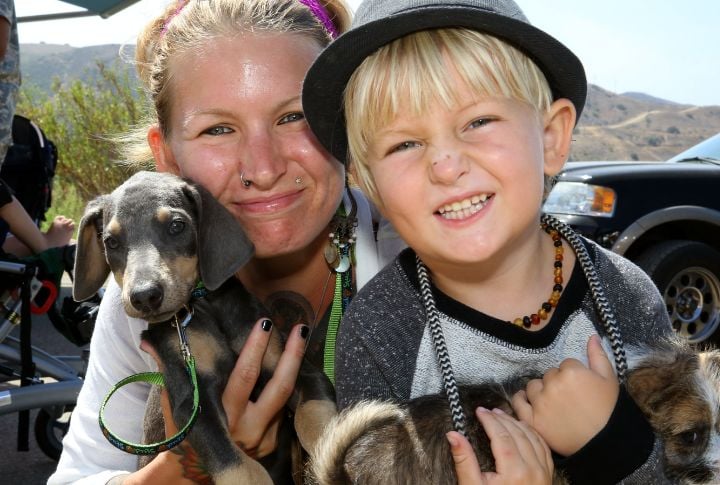
Many rescue breeds adapt beautifully to families with proper introductions. Shelter staff can help identify dogs with a gentle and tolerant nature. With guided integration and consistency, a shelter dog may become the loving presence that brings a sense of comfort to your household.
You Can’t Find Hypoallergenic Dogs In Shelters

Numerous people believe hypoallergenic breeds are only available through breeders, but that’s false. Shelters and breed-specific rescues often have poodles and other low-shedding dogs. Patience and research can help you find a pet that suits your allergy needs.
Rescue Animals Are Sick

Adoption centers work hard to ensure their animals are healthy. They vaccinate and sometimes even spay or neuter the dog before adoption. Good shelters have teams that regularly check on the animals and ensure they stay healthy so you can adopt them with confidence.
Rescue Pets Have Behavior Issues
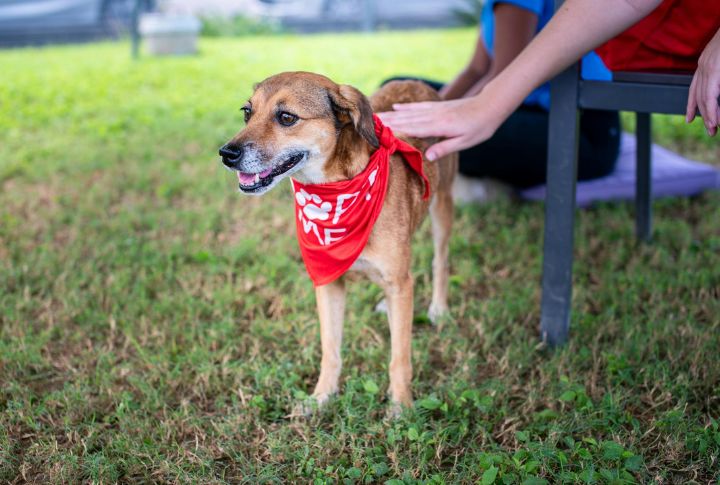
Some rescue pets may need training, but most require structure and love. Shelters provide behavior assessments and initial support. What’s often mistaken for a “problem” is just unfamiliarity—something most pets grow past once they’re treated with patience.
Shelter Pets Are Dirty
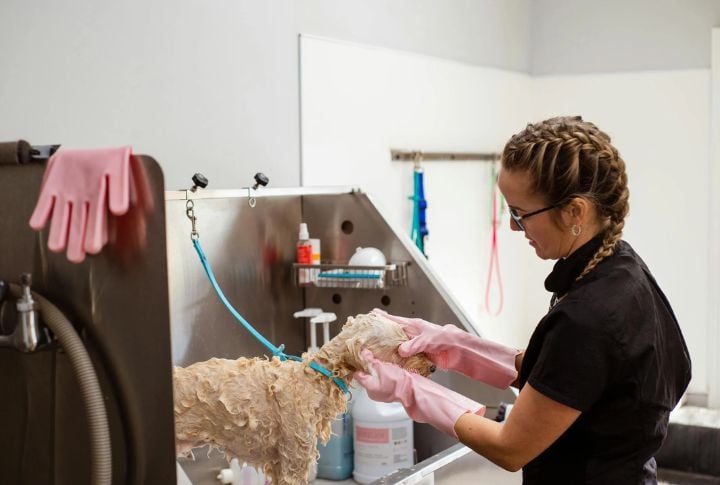
These dogs are well-cared for and kept clean through regular bathing and grooming. Most animal centers take cleanliness seriously to ensure the animals are healthy and comfortable. If a pet appears dirty during your visit, it’s only temporary.
Shelters Don’t Have Puppies
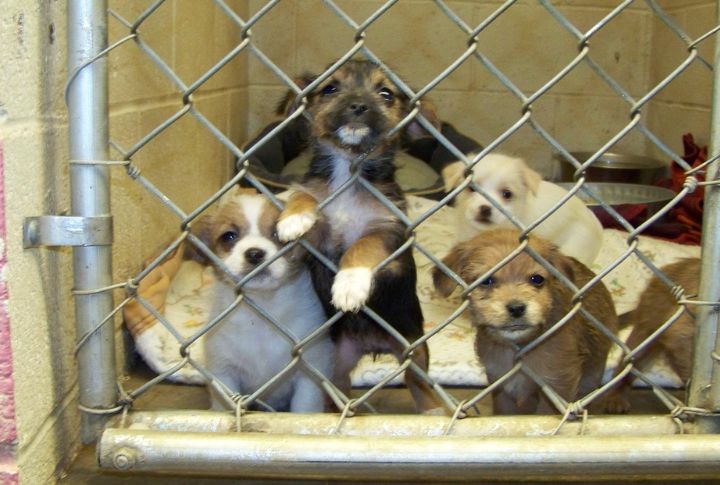
Rescue centers frequently have puppies available, especially in spring and summer when intake numbers surge. Hoping to adopt a puppy? Your local shelter is a great place to look. You might be surprised by how many adorable puppies are ready to start afresh.
You Have To Settle When You Adopt
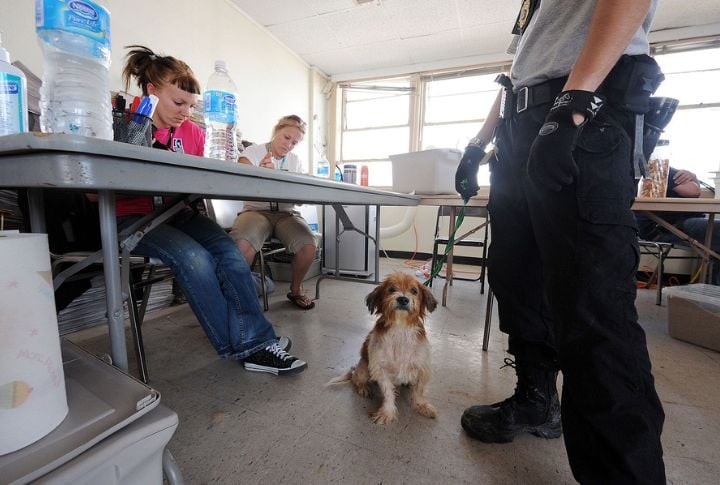
Adopting doesn’t mean compromising on what you want. Shelters have dogs of all sizes, energy levels, and temperaments. It doesn’t matter if you’re looking for an active jogging companion or a relaxed cuddle buddy. There’s surely a pet who’s the right fit for you.
Rescue Dogs Have A Shorter Lifespan

A rescue dog’s past doesn’t decide how long it will live. Instead, it depends on the care it gets. While stress in shelters can take a toll, adoption changes everything. These pets can live long, healthy lives with good nutrition and regular vet checkups.
Rescue Dogs Are Aggressive
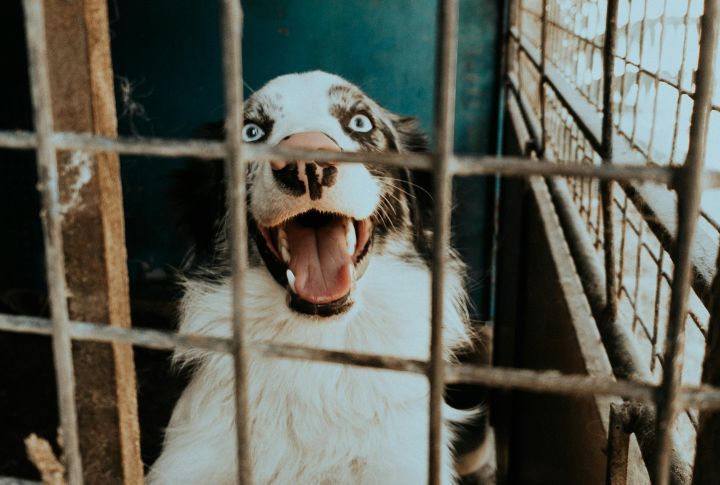
People often misunderstand aggression in rescue dogs. It’s usually the result of fear, not hostility. In calmer spaces, many of these dogs display affection instead. Assessments and foster observations can help identify pets who are ready to thrive outside shelter walls.
They Don’t Get Along With Other Pets

While some rescue dogs thrive in multi-pet homes, others may do best as the only animal. Either way, shelter teams help find a safe fit. If your home has other pets, gradual introductions and supervised transitions can lead to lasting relationships between animals.
Shelter Dogs Can’t Be Service Or Therapy Animals
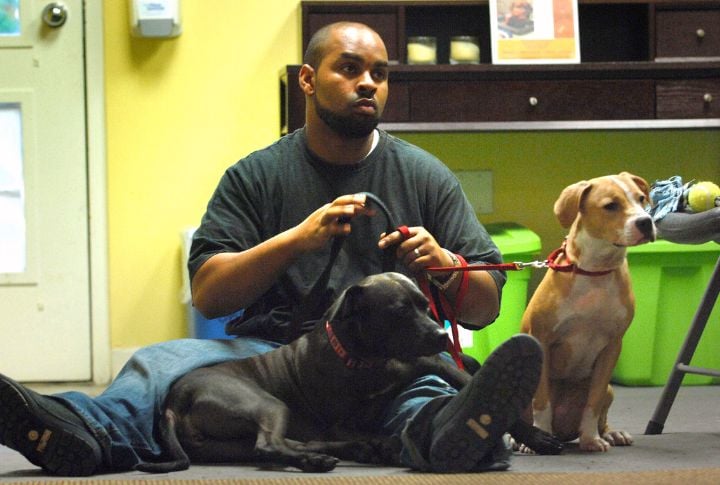
Some believe only specially bred animals can become service or therapy animals, but many shelter pets have the right temperament and intelligence for it. Several adopted stray dogs have gone on to excel in therapy programs and even provide support in PTSD work.
It’s Not Possible To Bond With A Rescue Dog
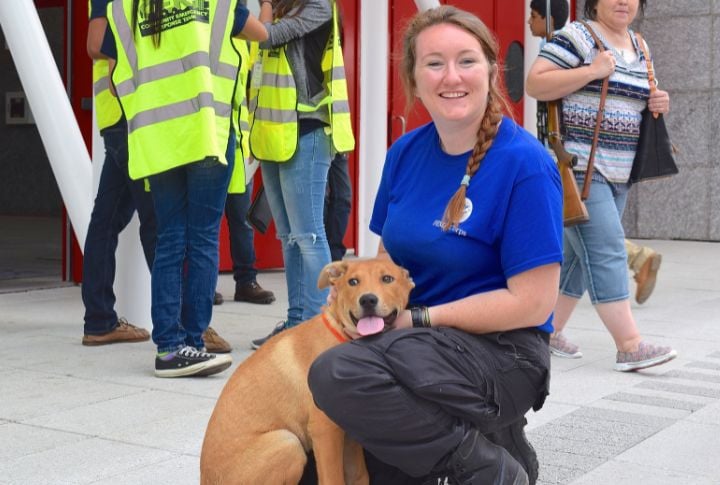
Rescue dogs are incredibly loyal and often form deep bonds with their new families. Though the relationship may take time to build, it’s no less rewarding. In fact, dogs who’ve been through adversity often develop emotional intelligence that enhances communication with their adopters.






